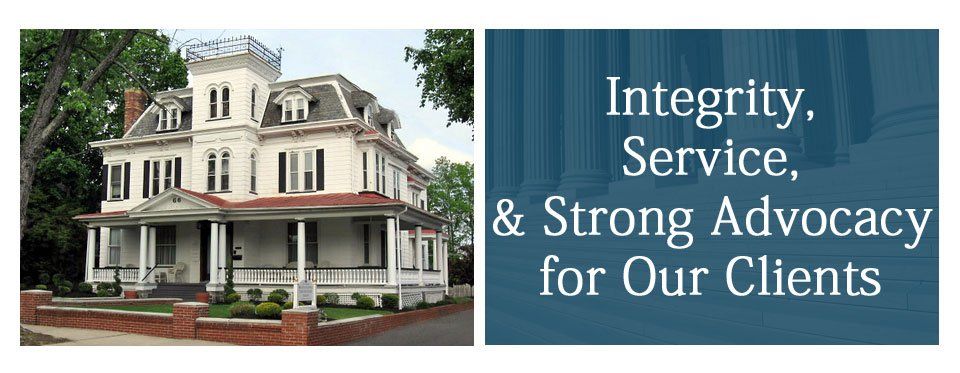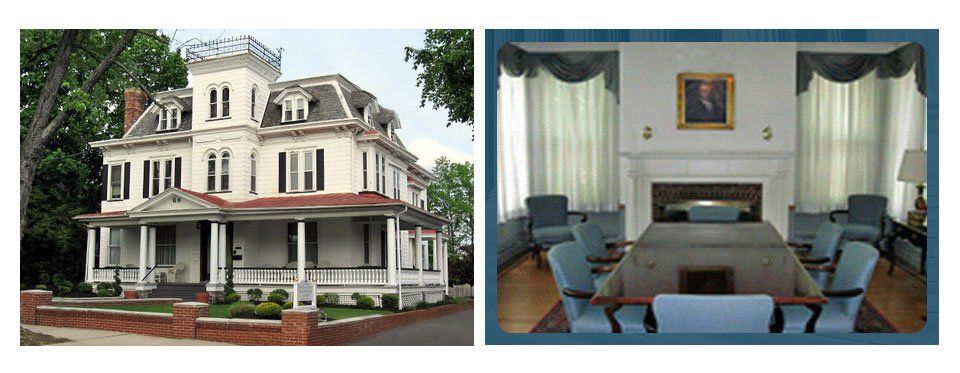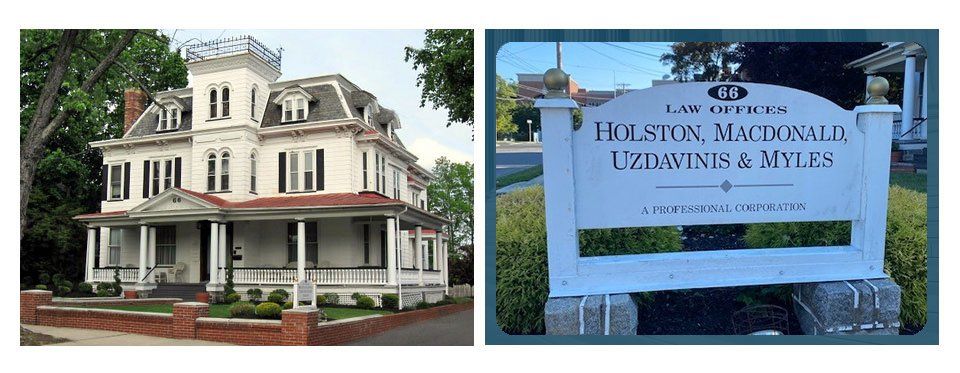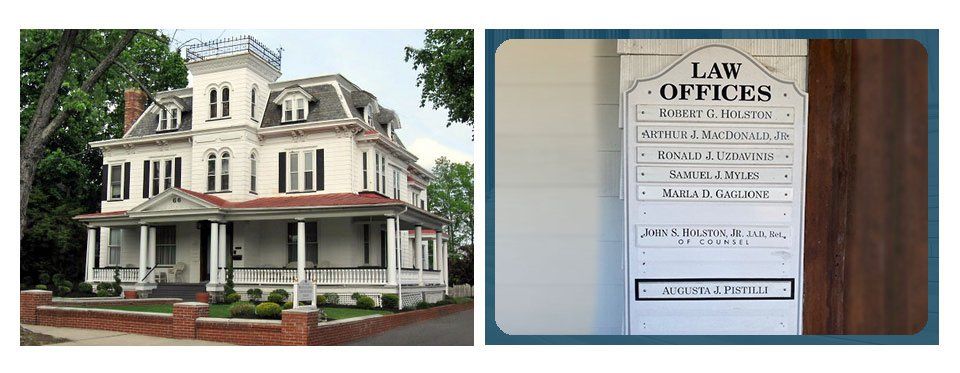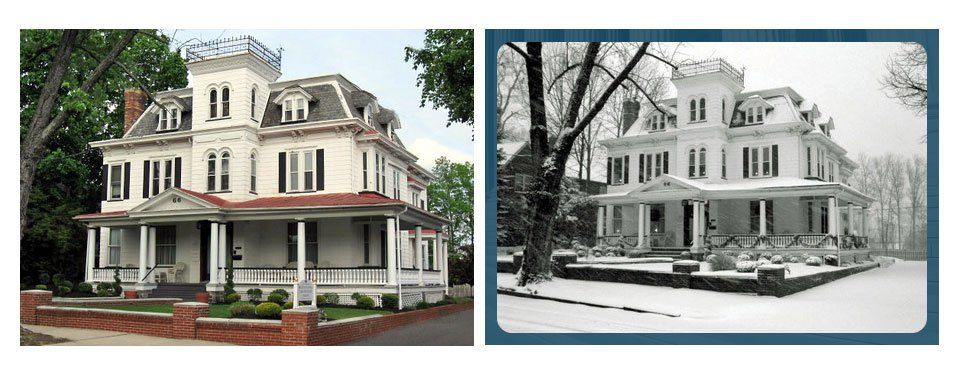New Jersey Standards for Appellate Review
John S. Holston. Jr. JAD (Ret)
Once a trial judge or state administrative agency has executed a final judgment or order and a notice of appeal has been filed, the Appellate Division must look at the record below to determine whether error has occurred and whether, if error was made, appellate intervention is required. In making that determination, appellate judges must first determine the standard of review to be applied. This article principally addresses those standards in the context of trial court decisions in civil actions.
First, there can be no appeal from an oral opinion, only from a final judgment. Second, any evidence not before the trial court may not be submitted to the Appellate Division. Third, an appellate court will generally decline to decide an issue not raised below. See: Needer v Royal Inden Ins Co., 632 NJ 229,234 (1973). The reason is that an appellate court only reviews decisions that have already been made. Generally, the standard of review is based on the degree
of deference to which the allegedly erroneous decision of the trial court is entitled. As a general rule, questions of law addressed to the trial court are not entitled to deference and an appellate panel’s review of legal issues is de novo. See Manalapan Realty v Tnsp. Committee, 140 NJ 366, 378 (1995). Conversely, findings of fact and issues of credibility are required to be deferred to the court below if supported by sufficient credible evidence in the record. See: State v Locurto,
157 NJ 463, 470-71 (1999); Rova Farmers Resort, Inc v Investors Ins. Co., 65 NJ 474, 483-84 (1974). Lastly, the numerous rulings made during the litigation process, if they are within the trial court's discretionary authority, are measured against the standard of "mistaken exercise" or "abuse of discretion." Thus, an appellate court must defer to the trial courts exercise of discretion unless the trial judge pursued a manifestly unjust course, Gillman v Bally Mfg. Corp, 286 NJ Super 525 528 (App Div 1996), and the mistaken exercise prejudices the substantial rights of a party. Morning Ledger v Sports and Expo., 423 NJ Super 140, 174-175 (App Div 2011).
Therefore, if an appellant claims error and if the error was brought to the trial court’s attention, the appellate court determines whether there was error by applying the standard of review that governs that type of error. If the appellate panel determines there was error then it must decide if the error was harmful. If it was not, the appellate court will not reverse. If the alleged error was not raised at trial, the court first decides if there was error and then decides if it was plain error. Harmful and plain error are essentially the same and require the error to be “clearly capable of producing an unjust result.” R 2:10-2. A mere possibility of an unjust result is not sufficient. In the jury trial context, the possibility must be “sufficient to raise a reasonable doubt as to whether the error led the jury to a result it otherwise might not have reached.” State v Macon, 57 NJ 325, 336 (1971); Navarro v George Koch & Sons, 211 NJ Super 558, 570-71 (App Div 1986).
When error is alleged in the charge to the jury, the charge has to be read as a whole. The court will not read just the portion alleged as error. What is necessary is that the charge as a whole be accurate. State v Thompson, 59 NJ 396, 411 (1976). The issue for a court reviewing a jury charge is to determine whether the charge conveyed the law to be applied by the jury without being misleading or confusing and the ultimate test is whether the charge was clearly capable of producing an unjust result or prejudicing substantial rights. Magull v CB Commercial Real Estate, 162 NJ 449, 466 (2000).
An exception to the trial court discretion rule is if a judge makes a discretionary decision but does so under a misconception of the applicable law, The court need not grant the usual deference in such a situation but must consider the trial court’s action in light of the applicable law in order to avoid a manifest denial of justice. Kavanangh v Quigley, 63 NJ Super 153, 158 (App Div 1960).
However, non exclusive examples of discretionary decisions which are unlikely to be grounds for reversal include (1) a decision to grant or deny a motion for mistrial, (2) request for adjournment, (3) a decision to read or refuse to read testimony to the jury, (4) decisions on the admissibility of photographs, (5) a decision on sequestration of the jury; (6) decisions on recesses of the jury, (7) decisions on whether to send a jury back for further deliberations when it has stated it is deadlocked, (8) decisions on allocation of the assets available for equitable distribution, (9) decisions excluding or admitting evidence, (10) granting or denying motions for recusal, (11) decisions on motions for reconsideration, (12) decisions on whether to remove a trustee, (13) a decision to reopen a case after summations but before jury change, (14) decisions on whether to dismiss on forum non conveniens grounds, (15) decision on municipality's rejection of a bid that does not conform to specification or a formal requirement in non material aspects, (16) decisions to vacate a judgment, (17) decisions to award or deny attorneys fees, punitive damages or prejudgment interest (18) determination on how to try a malpractice case e.g. “trial within a trial” or some other recognized way, (19) a decision on what sanctions to impose for failure to obey a court order, (20) decisions on whether to extend the discovery period under Rule 4:24-1 (e), and (21) decisions regarding the admission or exclusion or expert testimony. The above non exclusive list of discretionary trial court decisions is generally committed to the sound discretion of the trial judge and they are reviewed on the “abuse of discretion” standard. What is required is that the judge must exercise sound discretion. Thus, the judge’s discretion is not unbounded and is not based on the particular predilection of the particular judge. What the appellate court does is review the trials court’s discretionary rulings for arbitrariness i.e. a decision not supported by a preponderance of the evidence in the record and where to sustain the decision a grave injustice would occur. In other words, the appellate court will reverse where the discretion has been “abused.”
As to the standard of review for error on questions of law, issues involving the interpretation of statues, ordinances, and contract terms are questions of law reviewed de novo. The same is true of whether to apply a statute retroactively. See: Troutman v Christie, 418 NJ Super 559, 566 (App Div 2011); Maeker v Ross, 430 NJ Super 79, 86 (App Div 2013); Kieffer v Best Buy, 205 NJ 213, 222 (2011).
Additionally, in reviewing a summary judgment order the validity of a trial court’s order is a legal not a factual decision and is considered de novo. Fernandez v Nationwide Mutual Ins, 402 NJ Super 166, 170 (App Div 2008). The same is true of review of motion orders to dismiss for failure to state a claim for which relief can be granted under Rule 4: 6-2 (e) (See Seidenberg v Summit Bank, 348 NJ Super 243, 250 (App Div 2002)) and a courts’ decision on involuntary dismissals under Rule 4:37-2 (b), motions for judgment under Rule 4:40-1 and the determination of whether to submit a punitive damages issue to the jury. See Luczak v Twp of Everham 311 NJ Super 103, 108 (App Div 1998); Frugis v Bracigliano, 177 NJ 250, 269 (2003); Dong v Alape, 361 NJ Super 106, 111 (App Div 2003).
Municipal Court decisions are appealed first to the Law Division. R 7: 13-1. The review by the Law Division is de novo on the record. The issue in the Appellate Division is whether there is sufficient creditable evidence in the record to uphold the findings of the Law Division. Rule 7:13-1. The issue in the Appellate Division is whether to uphold the findings of the Law Division, not the municipal court. State v Johnson, 42 NJ 146, 163 (1964).
As to a trial court's upholding or reversing a decision of a local body or board, the general standard for review is the abuse of discretion standard. The trial judge starts by recognizing that the legislature has vested the municipality with the discretion to make the decision involved, and that a rebuttable presumption exists that the municipality has properly executed its discretion, (Harvard Enterprises Inc v Bd of Adj of Madison, 56 NJ 362, 368 (1970). Thus, the trial court may not substitute its judgment for that of the municipal body, unless it is proven that the action was arbitrary, unreasonable or capricious. See Kramer v Board of Adj of Sea Girt, 45 NJ 268, 296-97 (1965).
The appellate court must therefore give deference to the municipality’s broad discretion and reverses only if the municipal action was arbitrary, capricious or unreasonable. Booth v Board of Adj of Rockavery, 50 NJ 302, 306 (1965). The general rule stated above applies to judicial review of decisions by municipal bodies in zoning variance cases.
There are two exceptions to the general rule requiring that a court defer to the municipal body’s discretion and reverse only for arbitrariness. First, where the municipal body has not made a discretionary decision but has merely interpreted an ordinance. No discretion is given because the interpretation of the law is a legal decision not a factual one. Cherney v Zoning Bd of Adj of Matawan, 221 NJ 141, 144-45 (App Div 1987). Second, a planning board is often called upon to review applications for site plans, subdivisions and conditional uses (as opposed to variances). These types of applications are based on municipal ordinances which provide definite specifications and standards. If these standards are met, a planning board lacks authority to deny approval. PRB Enterprises, Inc v South Brunswick Planning Board, 105 NJ 1, 7 (1987). Thus, the appellate court gives deference to the planning board only if the ordinance confers discretion to the planning board.
This article is a capsule of the standards of review an appellate court employs in reviewing a lower court’s final judgment or order. The application of the standard of review is how an appellate court decides whether error has occurred and, if it has, whether it warrants reversal or modification.
Holston, MacDonald, Uzdavinis, Myles & DeMarcantonio, P.A.

